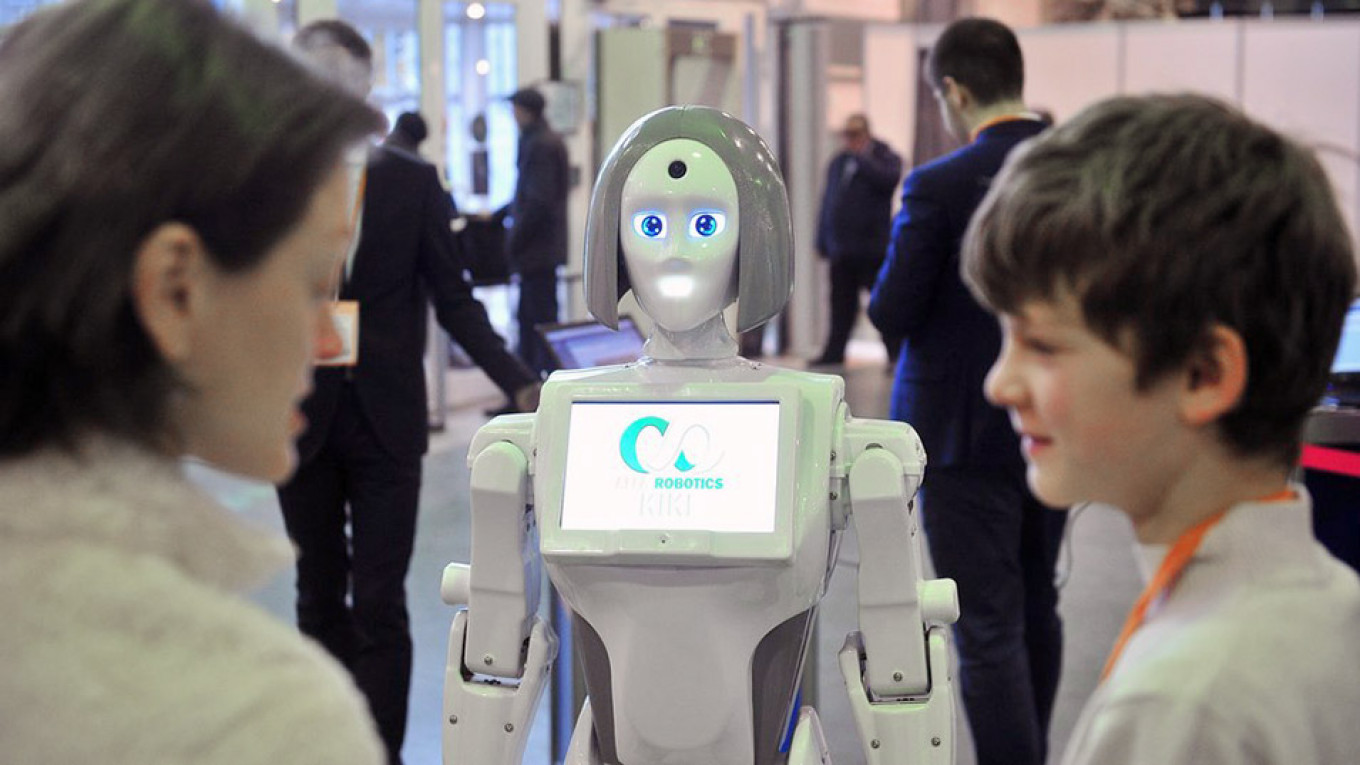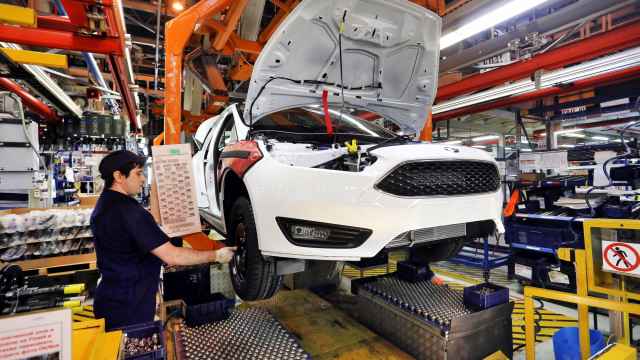More than 20 million Russians risk losing their jobs to automation over the next decade if they don’t develop new skills, according to new research.
Economists estimate that robots will take over more than 20 million manufacturing jobs worldwide by 2030. Automation is expected to lead to major job losses despite bringing in increased productivity and economic growth.
Almost half of the Russian workforce, or 20.1 million people, risk losing their jobs to digitization and automation by 2030, research by the Russian Presidential Academy of National Economy and Public Administration (RANEPA) says.
Workers in industries including hotels and restaurants (73%), manufacturing (60%) and agriculture (58%) are most at risk of being replaced by automation, the study says. Other affected industries will include transportation and warehousing (57%), retail trade (53%) and mining (51%).
The authors of the study note that the projection is based on a hypothetical scenario in which automation technologies are implemented instantaneously.
In practice, this process will be drawn out, allowing some workers to retrain or find new jobs.
“There’s still a chance to retrain [and] change your functions,” the research’s author, Stepan Zemtsov, was quoted as saying, noting that the effects of robotization will be “stretched out in time.”
Meanwhile, the authors warn that many of those at risk will be unable to keep up with the technological change.
“Part of the population won’t be able to… retrain, learn new technologies, constantly compete with robots and continuously learn,” Zemtsov told the Izvestia newspaper.
The phenomenon of lost jobs will come to be known as an “economy of ignorance,” he added.
Correction: The headline and text of this article have been changed to reflect that the projections of the study are based on a hypothetical scenario in which automation technologies are implemented instantaneously.
A Message from The Moscow Times:
Dear readers,
We are facing unprecedented challenges. Russia's Prosecutor General's Office has designated The Moscow Times as an "undesirable" organization, criminalizing our work and putting our staff at risk of prosecution. This follows our earlier unjust labeling as a "foreign agent."
These actions are direct attempts to silence independent journalism in Russia. The authorities claim our work "discredits the decisions of the Russian leadership." We see things differently: we strive to provide accurate, unbiased reporting on Russia.
We, the journalists of The Moscow Times, refuse to be silenced. But to continue our work, we need your help.
Your support, no matter how small, makes a world of difference. If you can, please support us monthly starting from just $2. It's quick to set up, and every contribution makes a significant impact.
By supporting The Moscow Times, you're defending open, independent journalism in the face of repression. Thank you for standing with us.
Remind me later.






